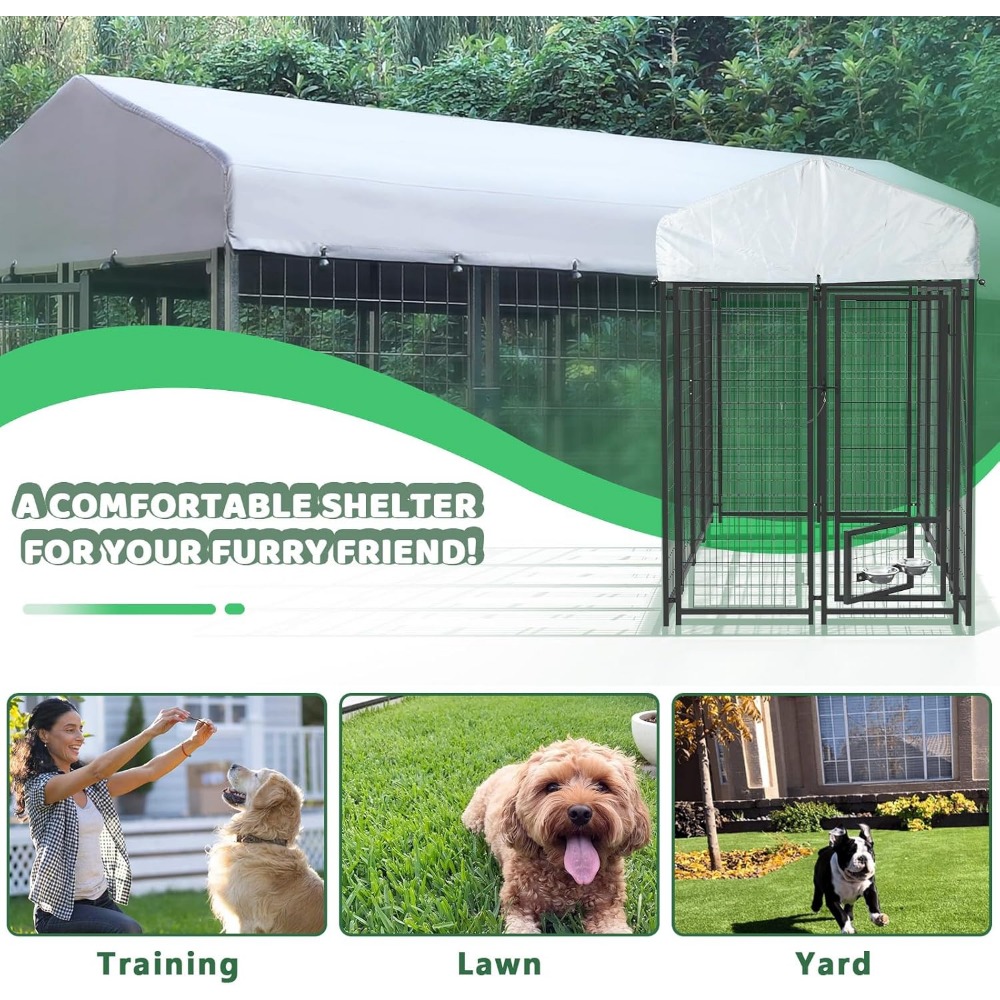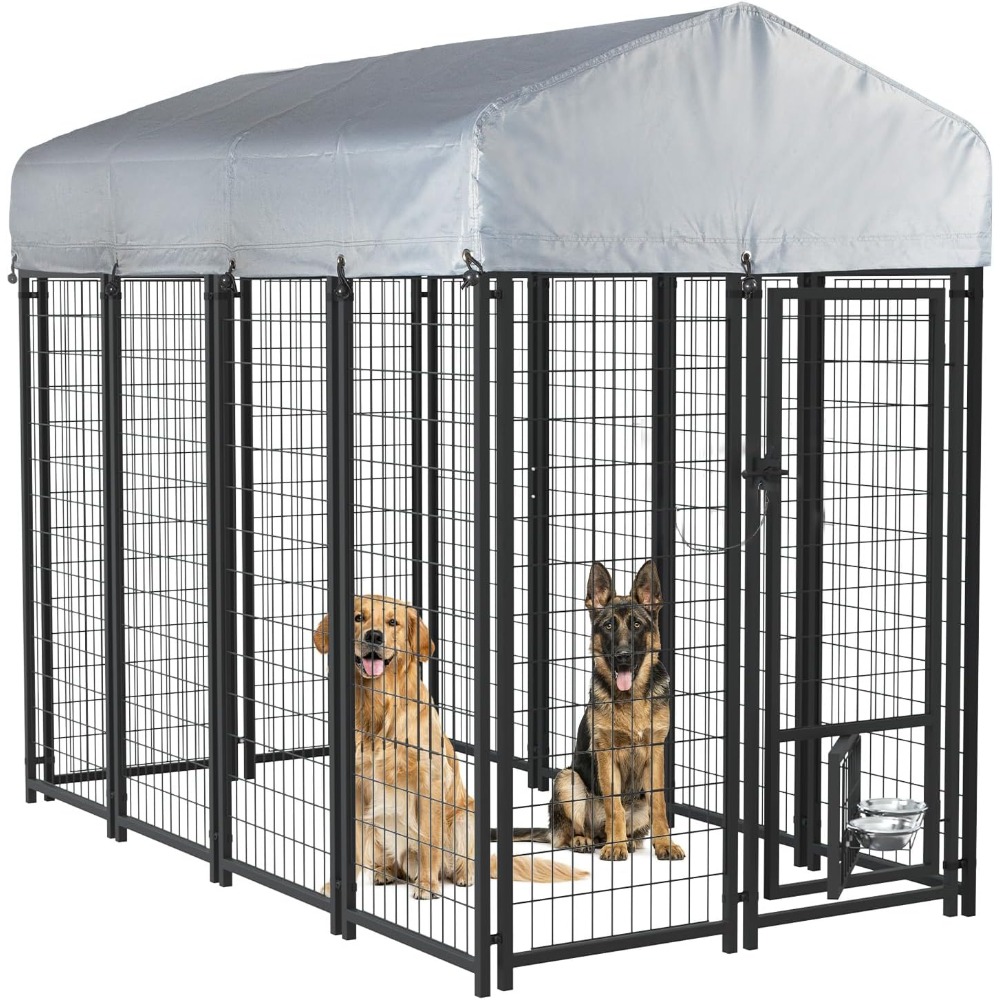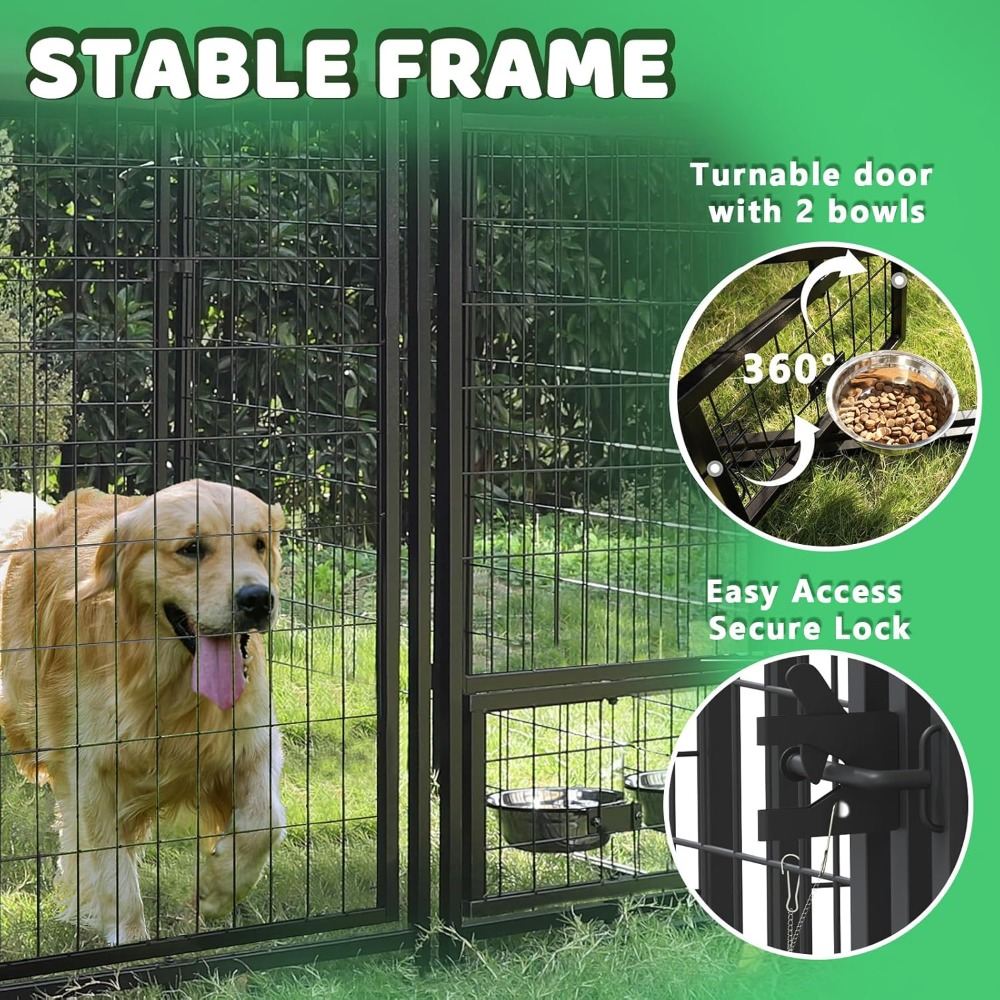Introduction to Kennel Cough
Kennel cough, or infectious tracheobronchial, is a common canine illness. It resembles a mild, dry cough in humans. Dogs catch it from airborne bacteria or viruses. It spreads quickly in packed places, like kennels or dog shows. The cough often sounds harsh, like a honking noise. Learning how to get rid of kennel cough is vital for dog owners. Early detection helps prevent spread to other dogs. This guide outlines key steps for recovery and management. By understanding kennel cough, owners can support their pets’ health. Remember, a quick response is the best way to tackle kennel cough head-on.

Signs and Symptoms of Kennel Cough
Recognizing the signs and symptoms of kennel cough is essential for early intervention. The primary symptom is a persistent, forceful cough that often sounds like honking. Dogs may also exhibit sneezing, runny nose, and eye discharge. In some cases, the cough can be triggered by excitement or exercise. Moreover, affected dogs might show lethargy and a reduced appetite. It’s crucial to observe your dog’s behavior and physical condition to identify these symptoms promptly. Early detection plays a key role in how to get rid of kennel cough effectively and can prevent it from worsening or spreading to other dogs.
Veterinary Diagnosis and Treatment Options
When your dog shows signs of kennel cough, a visit to the vet is crucial. Vets can confirm if kennel cough is the issue. They may test for specific viruses or bacteria. This helps determine the right treatment plan. Your vet might prescribe medications. These can include cough suppressants and antibiotics. In some serious cases, anti-inflammatory drugs may be needed. Always follow the vet’s instructions on how to get rid of kennel cough. Remember that treatment varies with each dog’s needs. Early vet care often leads to a swift recovery. Be sure to keep up with all follow-up visits.
Home Remedies to Ease Kennel Cough Symptoms
Once your vet has confirmed the diagnosis of kennel cough, you might consider home remedies. These can support the medical treatment plan. Home remedies are not replacements for professional care. They help ease symptoms and comfort your dog. Here are a few strategies on how to get rid of kennel cough symptoms at home:
- Maintain a Humid Environment: Use a humidifier to keep the air moist. This helps soothe your dog’s respiratory tract.
- Apply Warm Compresses: Gently placing a warm cloth on your dog’s throat can relieve discomfort.
- Offer Honey: Just a small spoon of honey can coat the throat. This soothes irritation. Remember, moderation is key.
- Encourage Rest: Make sure your dog has a quiet place to rest. Limit their exercise to reduce coughing fits.
- Control the Environment: Keep your home free from smoke and dust. These can worsen cough symptoms.
- Keep Fresh Water Available: Always have clean, fresh water at hand. This keeps your dog hydrated and helps in recovery.
It’s important to follow your vet’s advice. Use these home remedies as part of a broader kennel cough recovery plan. Keep an eye on your dog’s progress. If symptoms persist or worsen, consult your vet immediately. They will guide you on how to get rid of kennel cough most effectively.

The Role of Vaccinations in Preventing Kennel Cough
Vaccinations play a crucial role in preventing kennel cough. Vaccines help protect dogs from the viruses and bacteria that cause this illness. Here is how vaccinations contribute to the prevention of kennel cough:
- Immunity Building: Vaccinations help dogs develop immunity against specific pathogens responsible for kennel cough. This reduces the risk of infection significantly.
- Reduction of Disease Spread: Vaccinated dogs are less likely to spread the disease. This is crucial in places where dogs gather, such as kennels and dog parks.
- Severity Minimization: Even if a vaccinated dog contracts kennel cough, the symptoms are usually less severe. This aids a faster recovery and reduces strain on the dog’s respiratory system.
It is important to consult with your vet on the right vaccination schedule. Most puppies receive their first vaccines at a few weeks old. Follow-up boosters are essential to maintain immunity. Remember, staying updated on vaccinations is key in how to get rid of kennel cough risks.
Nutritional Support and Care for Dogs with Kennel Cough
Proper nutrition is vital for dogs recovering from kennel cough. Nutritious food boosts their immune system, aiding in faster recovery. Here are nutrition tips on how to get rid of kennel cough through dietary support.
- Provide Easily Digestible Foods: Offer your dog bland, easy-to-digest food, like boiled chicken and rice.
- Keep Meals Small and Frequent: Small, regular meals are better than large, infrequent ones.
- Offer Warm Foods: Warm the food slightly, as it can be comforting for a sore throat.
- Include Omega-3 Fats: Add omega-3 fatty acids to their diet, which can help reduce inflammation.
- Stay Hydrated: Ensure they drink plenty of water to stay hydrated, supporting overall health.
Nutritional care also involves watching your dog’s appetite. If your dog shows disinterest in food, consult your vet. They may suggest appetite stimulants or specific foods to encourage eating. Remember, proper care and supportive nutrition play a key role in how to get rid of kennel cough.
The Importance of Isolation and Rest during Recovery
When treating kennel cough, isolation plays a crucial role. It prevents the illness from spreading to other pets. Here’s why isolation and rest are key in how to get rid of kennel cough:
- Prevent Contagion: Keep your dog away from other dogs. This stops the spread of the infection.
- Quiet Recovery Space: Provide a calm space where your dog can recover without stress.
- Monitor Interactions: If you have multiple pets, limit their contact with the affected dog.
Rest is also vital for a speedy recovery. Like humans, dogs heal better when they can rest. Here’s how you can ensure your dog gets enough rest:
- Limit Activity: Cut back on your dog’s physical activity to prevent coughing fits.
- Comfortable Bedding: Give your dog a comfortable place to sleep. Soft bedding can make a big difference.
- Peaceful Environment: Keep noise and disturbance to a minimum around your resting dog.
Remember, isolation and rest are not just about keeping your dog comfortable. They are part of how to get rid of kennel cough effectively. By giving your dog a peaceful recovery period, you aid their healing process. Always follow your vet’s advice on how long to keep your dog isolated. Watch for signs of improvement, and maintain these practices until your dog is back to their usual self.

When to Seek Further Veterinary Help
While following the advice on how to get rid of kennel cough, you should watch your dog closely. Sometimes, despite best efforts, a dog’s condition may not improve or could even worsen. Here’s when you should seek further help from a veterinarian:
- If Symptoms Persist: If the coughing and other symptoms don’t clear up after several days of treatment, contact your vet.
- Poor Appetite: Should your dog refuse food for more than a day, it’s a sign they may need more care.
- Difficulty Breathing: Any signs of labored breathing are an emergency and require immediate veterinary attention.
- Lethargy or Weakness: If your dog seems unusually tired or weak, they might be suffering from more severe illness.
- Discharge Turns to a Different Color: If nasal or eye discharge changes color or consistency, it could indicate a secondary infection.
Keep all records of treatments and home care. Share this info with your vet. Their knowledge in how to get rid of kennel cough can guide further decisions. Trust their expertise, and don’t delay in seeking help when needed. Early intervention can prevent complications, helping your dog return to health quicker.